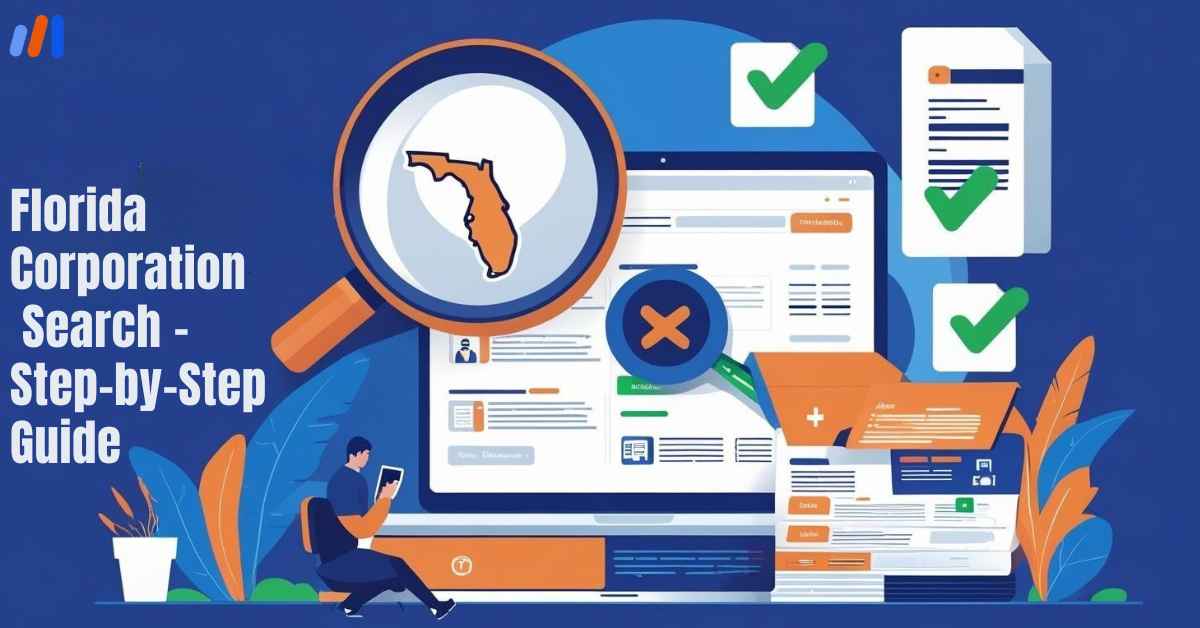Worried about LLC Taxation? At EasyFiling, we deeply comprehend that navigating the tax implications of owning a Limited Liability Company (LLC) may initially seem overwhelming. That’s why we have crafted this guide to provide you with a simplified and comprehensive overview of how LLCs are taxed. With our detailed explanations and insights, you will gain a better understanding of the tax landscape surrounding LLCs, empowering you to make informed decisions for your business. We are here to support you every step of the way on your tax journey!
Firstly, Limited Liability Companies (LLCs) are often regarded as ‘pass-through entities’. This means that the profits generated by the business flow through to the owners’ personal tax returns, effectively bypassing the double taxation commonly faced by corporations. However, it is important to note that LLCs offer a range of flexible taxation options. They can select their tax classification, opting to be taxed as a sole proprietorship, a partnership, or even a corporation, depending on their specific circumstances and strategic considerations. This versatility allows LLCs to tailor their tax structure to best suit their needs and optimize their financial situation.
Pass through Taxation ( When LLC is treated as an S Corp or partnership )
By default, a single-member LLC is taxed as a sole proprietorship. In these situations, all profits and losses are directly attributed to the owners, who subsequently report them on their personal tax returns. This setup ensures a seamless flow of financial information while maintaining individual accountability for tax obligations.
On the other hand, a limited liability company (LLC) has the advantage of being able to choose to be taxed as a corporation. Opting for this tax status can potentially lead to savings on self-employment taxes, which can be quite advantageous. However, it is important to note that this approach also comes with additional complexity in terms of tax filing obligations. The intricacies involved in managing the tax aspects of an LLC taxed as a corporation can require more attention and careful consideration.
Double Taxation (When LLC is treated as C corp ):
Lastly, it is important to note that if a Limited Liability Company (LLC) chooses to be taxed as a C Corporation, it will be subject to double taxation. This means that the LLC will be taxed at the corporate level, and then again at the individual level when dividends are distributed to shareholders. While this may seem like a disadvantage, there are certain scenarios where opting for C Corporation taxation can be advantageous. One such benefit is that corporations often enjoy a lower tax rate on their retained earnings, which can potentially lead to greater savings in the long run. It is crucial for business owners to carefully evaluate their specific circumstances and consult with a tax professional to determine the most suitable tax classification for their LLC.
By default, Multi-Member Limited Liability Companies (LLCs) are classified as partnership LLCs, meaning that the profits and losses are passed through to the individual members for tax purposes. However, it is important to note that multi-member LLCs also have the option to be treated as C corporations, which can have potential tax benefits and drawbacks. One consideration is that C corporations are subject to double taxation, where the company’s profits are taxed at the corporate level and then again on the individual level when dividends are distributed to the members. Therefore, multi-member LLCs should carefully assess and consult with tax professionals to determine the most suitable tax classification that aligns with their business goals and financial situation.
We strongly encourage you to consult with a qualified tax professional who can provide you with comprehensive insights into the implications of each of these choices. At EasyFiling, our dedicated team is committed to making the process of tax filing as straightforward and hassle-free as possible for you. Feel free to reach out to us today for more detailed information and personalized assistance tailored to your specific needs and circumstances.
NOTE: This blog post is meant for informational purposes only and should not be taken as legal advice. Please consult with your tax advisor for advice related to your specific circumstances.
FAQs
What is the tax classification for a single-member LLC?
By default, a single-member LLC is taxed as a sole proprietorship. This means that the profits and losses of the business flow through to the owner’s personal tax return.
What are the advantages of an LLC being taxed as a corporation?
Opting for corporate taxation can potentially lead to savings on self-employment taxes. This can be advantageous for LLC owners. However, it is important to note that this approach also comes with additional complexity in terms of tax filing obligations.
Can a multi-member LLC choose its tax classification?
Yes, a multi-member LLC has the flexibility to choose its tax classification. It can be taxed as a partnership, opting for pass-through taxation where profits and losses are attributed to the owners and reported on their personal tax returns.
Does an LLC taxed as a corporation face double taxation?
Yes, if an LLC chooses to be taxed as a C Corporation, it will be subject to double taxation. The LLC will be taxed at the corporate level, and then again at the individual level when dividends are distributed to shareholders. However, there are certain scenarios where opting for C Corporation taxation can be beneficial due to lower tax rates on retained earnings.
How can I convert an LLC to C corporation taxation?
You will need to file Form 8832, Entity Classification Election, with the Internal Revenue Service (IRS). This form allows you to elect C corporation taxation for your LLC. Make sure to complete the form accurately and provide all necessary information.
File Form 8832: You will need to file Form 8832, Entity Classification Election, with the Internal Revenue Service (IRS). This form allows you to elect C corporation taxation for your LLC. Make sure to complete the form accurately and provide all necessary information.
File Form 2553: If your LLC has multiple owners, you may also need to file Form 2553, Election by a Small Business Corporation, with the IRS. This form is required to elect S corporation status for tax purposes. However, if you want to be taxed as a regular C corporation, you do not need to file Form 2553.









